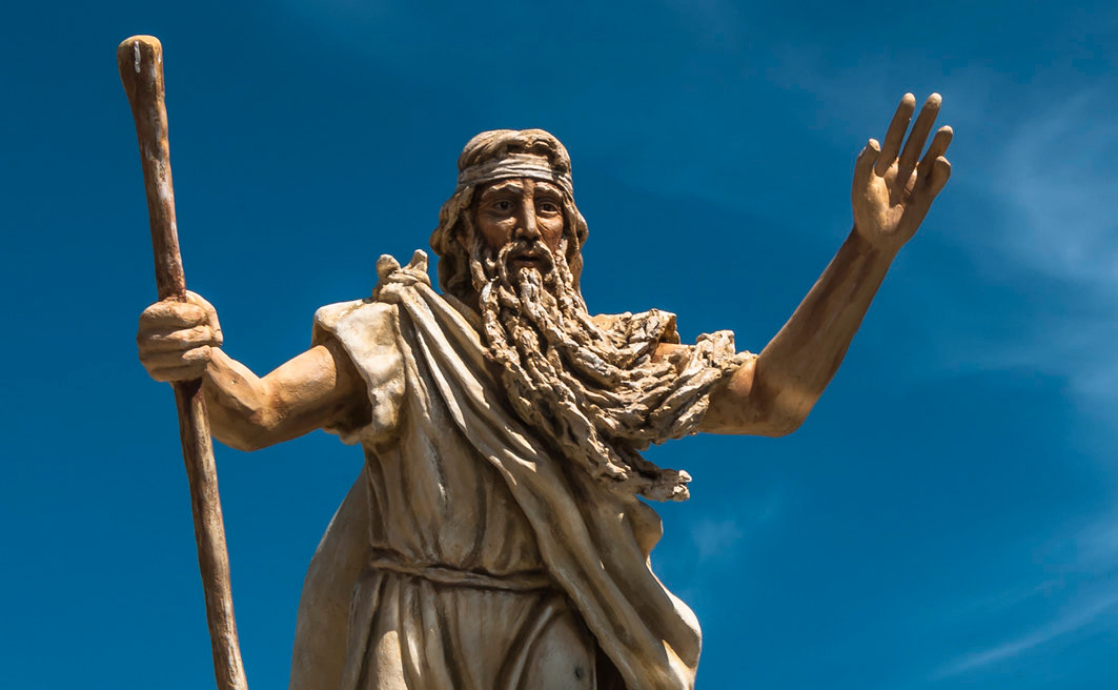In the verdant tapestry of Colombian mythology, the figure of Bochica, revered as the Indigenous Messenger of God, emerges as a symbol of divine guidance and benevolent leadership. His narrative resonates deeply within the fabric of Bahá’í teachings, aligning with the principles of unity, justice, and the upliftment of humanity. This exploration of Bochica invites one to consider not only his mythological significance but also how his teachings can provide a framework for contemporary spiritual and social understanding.
The origins of Bochica trace back to the ancient Cosmogonies of the Muisca civilization. Hailing from a celestial source, he serves as a bridge connecting the divine to the earthly realm. Akin to the sun illuminating the dawn, Bochica brings enlightenment, dispelling the shadows of ignorance and despair. His story is infused with elements of transformation, notably the taming of the tumultuous river of the Chicamocha, which symbolizes the chaos inherent in human existence. Through the act of calming this tumult, Bochica epitomizes the Bahá’í principle that chaotic forces in human life can be softened into harmonious existence with righteous leadership.
Moreover, Bochica is often depicted as a wise and compassionate figure, embodying principles that mirrors those promulgated in Bahá’í ideology. One of his most striking innovations was the establishment of laws and societal structures that promoted justice and equality among his people. His emphasis on communal harmony reflects the Bahá’í belief in the oneness of humanity, a tenet that asserts the necessity of collaborative effort in pursuit of societal advancement. Bochica’s leadership was not merely about governance; it was deeply rooted in the elevation of human spirit, akin to the Bahá’í focus on moral and spiritual development as the nucleus of societal evolution.
Intriguingly, the narrative of Bochica resonates with the concept of the Manifestations of God in Bahá’í thought. Just as Jesus, Muhammad, and Baha’u’llah delivered divine messages tailored to their respective peoples, Bochica delivered God’s teachings to the Indigenous communities of Colombia. His message, rich in virtue and moral rectitude, underscores the universal nature of divine education—one that transcends cultures and ages. Bochica’s teachings were not only designed for his immediate followers but are viewed as timeless guidance relevant for modern seekers of truth. This universality is central to the Bahá’í vision, which champions the notion that all religions are part of a progressive revelation leading humanity toward unity and enlightenment.
In parallel, Bochica’s vibrant persona embodies the Bahá’í encouragement towards the cultivation of virtues such as patience, kindness, and justice. His legendary acts of healing and guidance serve as a metaphor for the transformative power of love and altruism in fostering communal solidarity and peace. Every tale of Bochica’s interventions can be likened to a call to action for individuals to embrace their spiritual responsibilities, promoting a society that flourishes through mutual support and understanding.
The legend of Bochica is also replete with themes that solicit reflection on the connection between nature and spirituality. In Bahá’í teachings, the natural world is often regarded as a manifestation of divine wisdom, a notion echoed in Bochica’s relationship to the landscape he inhabited. His encounters with various elements of nature, often depicted as adversities to overcome, invite individuals to consider their stewardship of the environment as an essential component of spiritual practice. The tumultuous waters, which he calms, serve as a metaphor for the emotional and societal upheavals that humanity faces today. Just as Bochica sought balance and harmony, so too must individuals and communities strive to align themselves with the rhythms of nature and the inherent harmony of creation.
Ultimately, Bochica’s teaching is a call for a dual engagement: a spiritual awakening coupled with a profound commitment to social justice. The Bahá’í perspective emphasizes that spiritual truths and social truths are inextricably linked. Bochica’s life exemplifies the necessity of acting upon the knowledge gained through spiritual enlightenment, driving forward initiatives that uplift the marginalized and foster understanding among diverse cultures. This is particularly salient in a world rife with division and discord, where the messages of peace and unity heralded by Bochica remain strikingly relevant.
In conclusion, the story of Bochica serves not merely as an ancient tale but as a living narrative imbued with profound spiritual truths pertinent to the present moment. His example illuminates the path towards unity, compassion, and justice, echoing the Bahá’í principles that advocate for the betterment of humanity. As individuals explore this rich heritage, they may find in Bochica’s life a source of inspiration, calling them to reflect on their roles as agents of change in a world demanding transformation. Emulating Bochica’s unwavering dedication to the principles of justice and unity, one can aspire to create a legacy of peace and understanding that transcends the limitations of culture and time.
